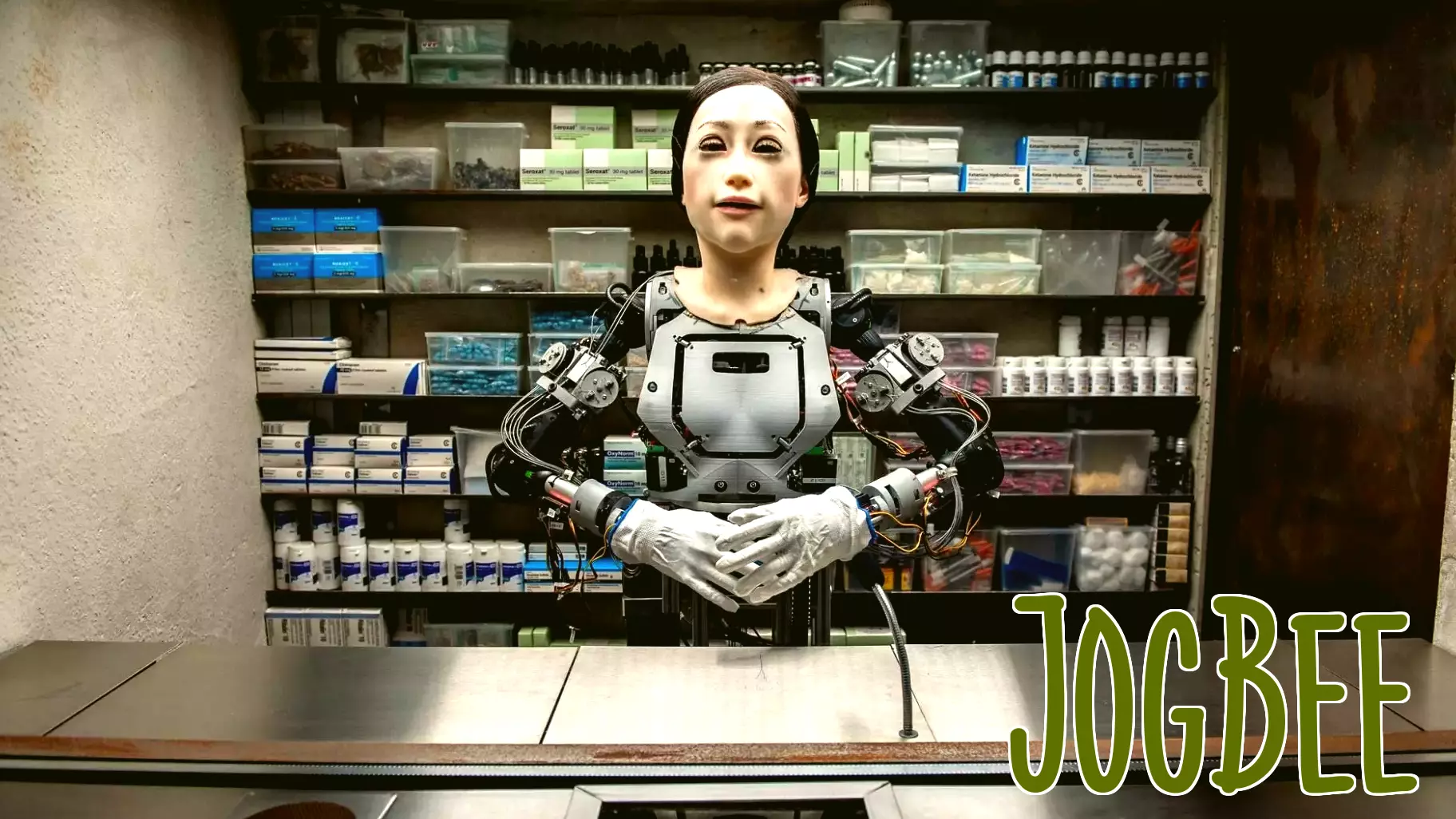December 15, 2024 - 02:21

As the integration of technology into healthcare advances, experts are raising concerns about the rapid pace of innovation in the mental health sector. While artificial intelligence (AI) offers promising tools for diagnosis, treatment, and patient engagement, the knowledge and understanding of these technologies within institutions are struggling to keep up.
AI has the potential to revolutionize mental health care by providing personalized treatment plans, enhancing patient monitoring, and improving access to therapy through virtual platforms. However, the lack of comprehensive training and guidelines for mental health professionals poses significant challenges. Many practitioners feel unprepared to utilize these tools effectively, leading to questions about the quality of care being provided.
Moreover, ethical considerations surrounding data privacy and the potential for bias in AI algorithms add another layer of complexity. As mental health services increasingly rely on AI-driven solutions, it is essential for institutions to invest in training and resources to ensure that these innovations enhance patient care rather than compromise it. The future of mental health and AI holds tremendous promise, but careful navigation is essential to realize its full benefits.



